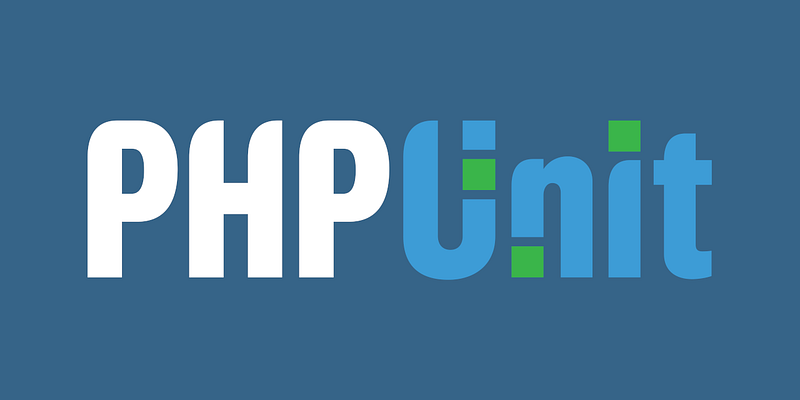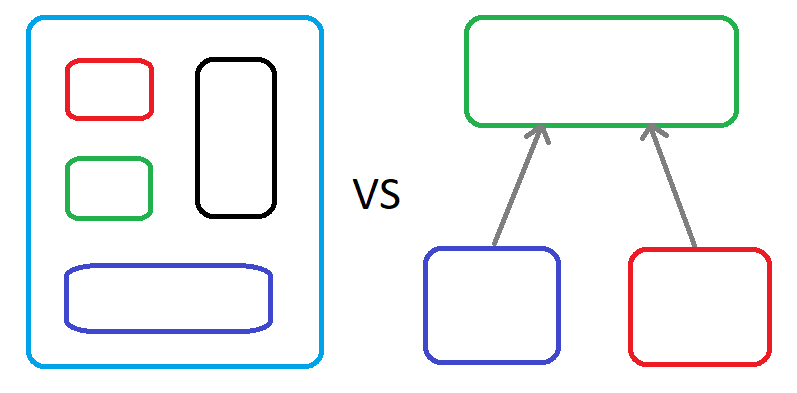
Enhancing PHP Performance: Understanding Expensive Operations
As a tech-savvy individual or someone keen on maximizing PHP scripting language performance, delving into the intricacies of expensive operations becomes essential. PHP, renowned for its versatility, can suffer from performance lags due to certain resource-intensive tasks. In this article, we explore these expensive operations, offering insights into PHP performance optimization for enhanced functionality.
What are Expensive Operations in PHP?
Expensive operations in PHP refer to tasks demanding significant computational power or memory, consequently hampering overall performance. Key examples include Filesystem Calls, Database Queries, Inefficient Loops, Unoptimized Algorithms, and Insufficient Caching.
Filesystem Calls: Filesystem operations, especially those involving open, read, or write operations, tend to be sluggish. Each operation necessitates communication with the hardware disk, a slow and resource-intensive process detrimental to software performance.
Database Queries: Database queries, particularly inefficient ones, can severely impact PHP performance. Repetitive reads without caching or frequent writes can lead to substantial performance degradation.
Inefficient Loops: While loops are effective for handling lists or operations, improper loop usage or nested loops can significantly slow down PHP performance.
Unoptimized Algorithms: Poorly optimized algorithms hinder PHP performance by prolonging execution time. It's crucial to ensure efficient coding and debugging of algorithms to enhance functionality.
Insufficient Caching: Inadequate caching adversely affects PHP performance, especially for data requiring frequent retrieval from databases. Implementing proper caching mechanisms can minimize expensive database calls.
PHP Performance Optimization Tips
Despite the challenges posed by expensive operations, several optimization techniques can boost PHP performance and output.
Use Optimized Algorithms: Prioritize the efficiency of algorithms to reduce computation time significantly.
Leverage Caching: Employ memory caches like Memcached or opcode caches to mitigate expensive database calls and improve PHP performance.
Minimize Filesystem Calls: Whenever possible, avoid filesystem calls and utilize database management systems for data storage and access.
Reduce Database Queries: Review scripts to minimize unnecessary queries; utilize JOINs to consolidate multiple queries into one, thus reducing database hits.
Optimize Loops: Avoid nested loops to optimize PHP performance.
Summary
In a landscape where speed and efficiency reign supreme, understanding and optimizing expensive operations in PHP is paramount for developers. Emphasizing optimized algorithms, efficient caching, minimized filesystem calls, and judicious database queries can significantly enhance PHP performance. Remember, optimization is an ongoing endeavor requiring continuous effort to ensure scripts operate at their peak performance.


